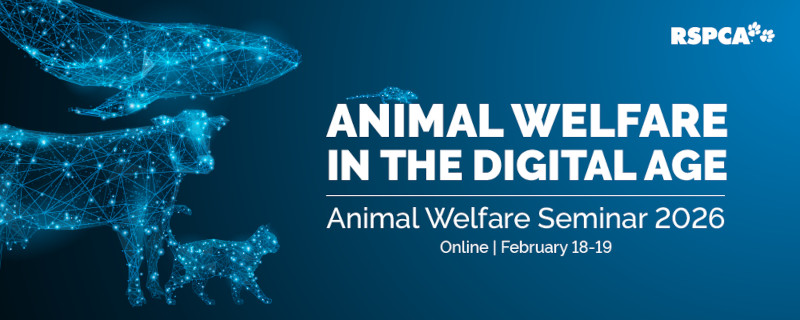| 5.1 | RSPCA Australia considers that there are significant animal welfare problems inherent in the horse racing industry. These include problems with over-supply, housing, feeding, socialisation, training, injuries, whipping, administration of banned or unregistered substances, physical overexertion and fatigue and the fate of unwanted horses (wastage). |
| 5.2 | RSPCA Australia considers that action and a demonstrated commitment is needed by industry to recognise and effectively resolve these animal welfare problems. |
| 5.3 | RSPCA Australia considers action is needed to address over-supply and wastage rates in the horse racing industry. There should be an expectation and formal processes in place within the industry that racehorses will be provided with a suitable alternative role (e.g. recreational horse) on retirement and provisions made to ensure their welfare. |
| 5.4 | Where horse racing is conducted, RSPCA Australia advocates the following:
|
Note: Horse racing includes Thoroughbred racing, Harness racing and Jumps racing. Note: Banned or unregistered substances includes unregistered veterinary chemical products, restricted prescription medicines (whether veterinary or human medicines) that have not been properly supplied and labelled, or any other substances or products used outside of the regulatory framework. |
|
| 5.5 | Racing of physically immature horses RSPCA Australia is opposed to the racing of immature horses (e.g. two-year-old races) and supports the requirement that independent veterinary certification verifying that the animal has matured satisfactorily be obtained before training for riding is permitted to commence. |
| 5.6 | Events |
| 5.6.1 | Jumps racing RSPCA Australia is opposed to jumps races (steeplechasing and hurdling) because of the high risk of injury and death associated with this activity. |
| 5.6.2 | Endurance and bush races Endurance races must only be held under regulated circumstances where the animals are well trained and certified healthy, fit and suitable to participate. Competing horses must be regularly checked by a suitably qualified veterinarian and withdrawn at the first sign of distress. |
| 5.7 | Devices and equipment Any device or equipment used to control or modify behaviour or performance in horse racing or associated training must be humane and not cause injury, pain, suffering or distress to the animal. |
| 5.7.1 | Whips RSPCA Australia is opposed to the use of whips on racehorses for the purpose of enhancing performance as they inflict pain and distress. |
| 5.7.2 | Tongue ties The RSPCA is opposed to the use of tongue ties on racehorses as they inflict pain and distress. |
| 5.7.3 | Spurs The RSPCA is opposed to the use of spurs on racehorses as they inflict pain and distress. |
| 5.7.4 | Head pole burrs RSPCA Australia is opposed to the use of head pole burrs in harness racing as they inflict pain and distress and involve punishment. |
Note: Whip refers to any whip that makes physical contact with the horse including ‘padded’ whips.
(adopted 30/3/2016)
See also RSPCA Policy F4 Export of live animals for purposes other than slaughter

